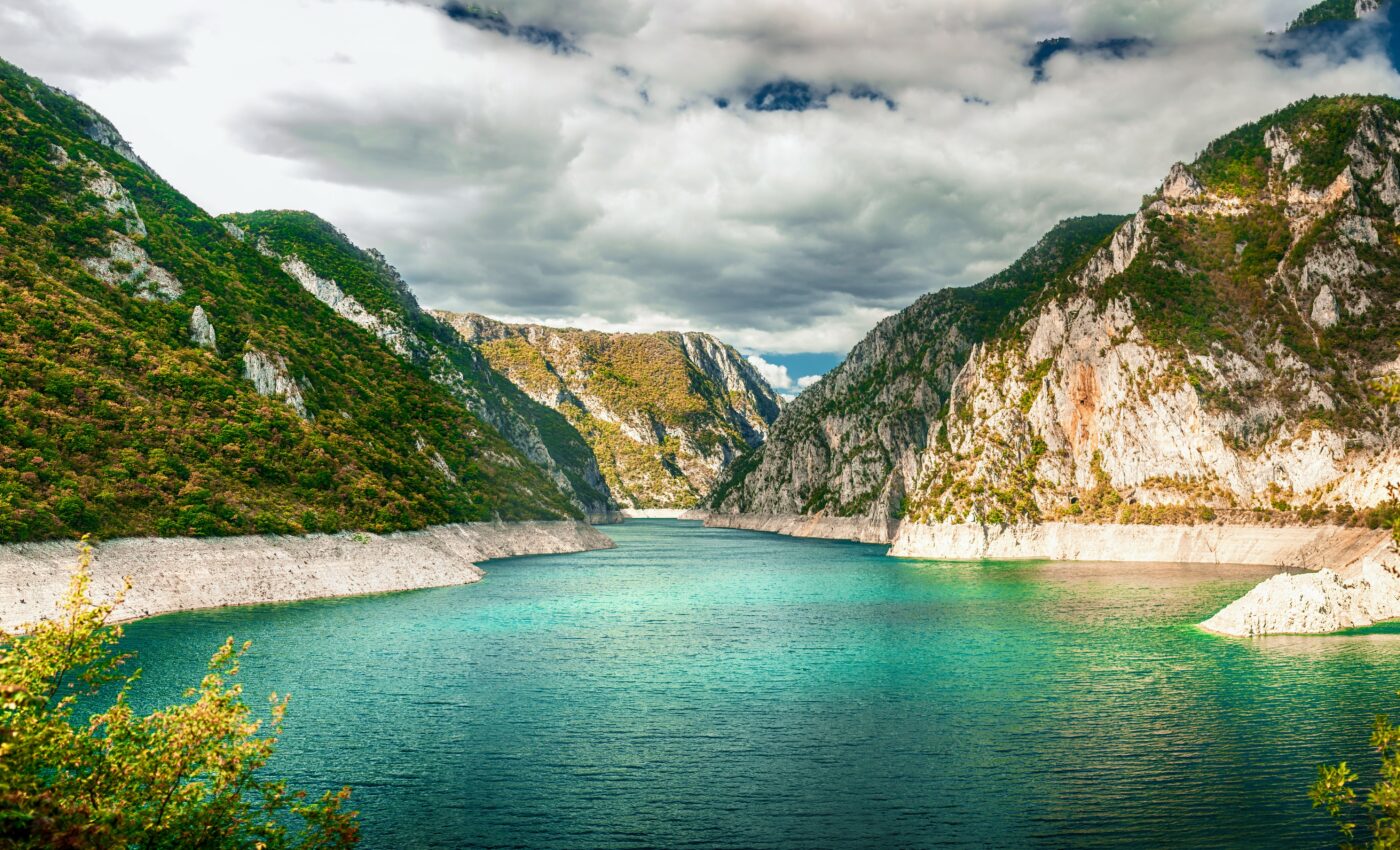
Bacteria can remove plastic waste from lakes
We all know that plastic waste is a widespread problem, especially in our water systems. Plastic pollution directly threatens aquatic habitats and the plants and animals that live there.
A study led by the University of Cambridge has given us another perspective. After studying 29 European lakes, scientists found that naturally occurring bacteria in these water bodies grew more quickly and efficiently on a plastic diet than their natural diet, which includes leaves and branches.
“It’s almost like the plastic pollution is getting the bacteria’s appetite going. The bacteria use the plastic as food first, because it’s easy to break down, and then they’re more able to break down some of the more difficult food – the natural organic matter in the lake,” explained study senior author Dr. Andrew Tanentzap.
“This suggests that plastic pollution is stimulating the whole food web in lakes, because more bacteria means more food for the bigger organisms like ducks and fish.”
However, it is essential to note that this process does not affect every lake the same way. The microbial diversity in the lake plays a role, with more bacterial diversity leading to more plastic consumption.
Furthermore, bacteria removed more plastic waste in lakes with fewer natural sources of carbon because there were fewer available food sources. With this knowledge, researchers can prioritize lake remediation using this method. For example, lakes with high plastic pollution but low bacterial diversity and low levels of natural organic compounds will be more susceptible to damage.
“Unfortunately, plastics will pollute our environment for decades. On the positive side, our study helps to identify microbes that could be harnessed to help break down plastic waste and better manage environmental pollution,” said Professor David Aldridge.
The researchers emphasize that the research does not imply that plastic is not a problem for our waterways – only that the impact of plastic waste can be unpredictable.
“Our study shows that when carrier bags enter lakes and rivers they can have dramatic and unexpected impacts on the entire ecosystem,” said study first author Eleanor Sheridan. “Hopefully our results will encourage people to be even more careful about how they dispose of plastic waste.”
The research is published in the journal Nature Communications.
—
By Erin Moody , Earth.com Staff Writer













